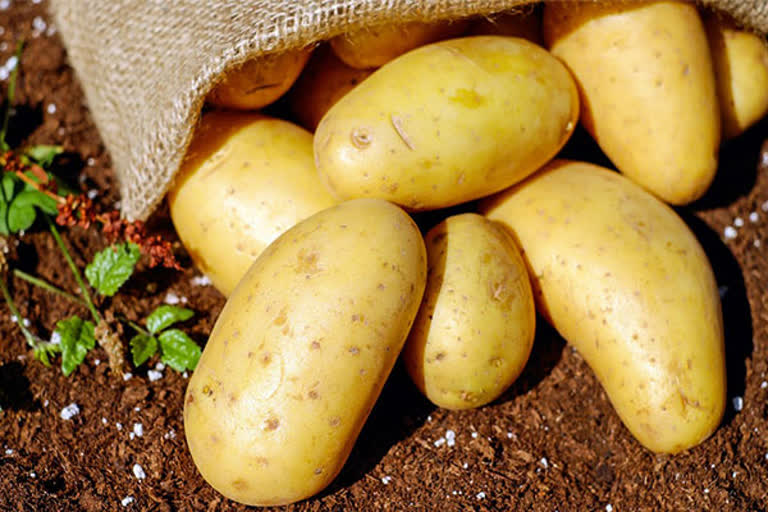Poznan [Poland]: Everyone is familiar with a cancer survivor. Around 10 million deaths and 19 million new cases were reported globally in 2020. Although treatments are constantly being improved, they can still harm healthy cells or have unpleasant side effects that are difficult for patients to deal with.
Traditional medicine has a wealth of potential candidates for developing new, more targeted cancer treatments. The glycoalkaloids, bioactive substances found in many well-known crops including potatoes and tomatoes, were examined by a group of Polish researchers at Adam Mickiewicz University under the direction of Magdalena Winkiel to show their potential to treat cancer.
"Scientists worldwide are still searching for the drugs which will be lethal to cancer cells but at the same time safe for healthy cells," said Winkiel. "It is not easy despite the advances in medicine and powerful development of modern treatment techniques. That is why it might be worth going back to medicinal plants that were used years ago with success in the treatment of various ailments. I believe that it is worth re-examining their properties and perhaps rediscovering their potential."
Making medicine from poison: Winkiel and her colleagues focused on five glycoalkaloids - solanine, chaconine, solasonine, solamargine and tomatine - which are found in crude extracts of the Solanaceae family of plants, also known as nightshades. This family contains many popular food plants - and many that are toxic, frequently because of the alkaloids they produce as a defence against animals that eat plants. But the correct dose can turn a poison into a medicine: once scientists have found a safe therapeutic dose for alkaloids, they can be powerful clinical tools.
Glycoalkaloids in particular inhibit cancer cell growth and may promote cancer cell death. These are key target areas for controlling cancer and improving patient prognoses, so have huge potential for future treatments. In silico studies - an important first step - suggest that the glycoalkaloids aren't toxic and don't risk damaging DNA or causing future tumours, although there may be some effects on the reproductive system.
"Even if we cannot replace anticancer drugs that are used nowadays, maybe combined therapy will increase the effectiveness of this treatment," Winkiel suggested. "There are many questions, but without detailed knowledge of the properties of glycoalkaloids, we will not be able to find out."
Also read:Peanuts, herbs, might have a positive impact on gut microbiome: Research
